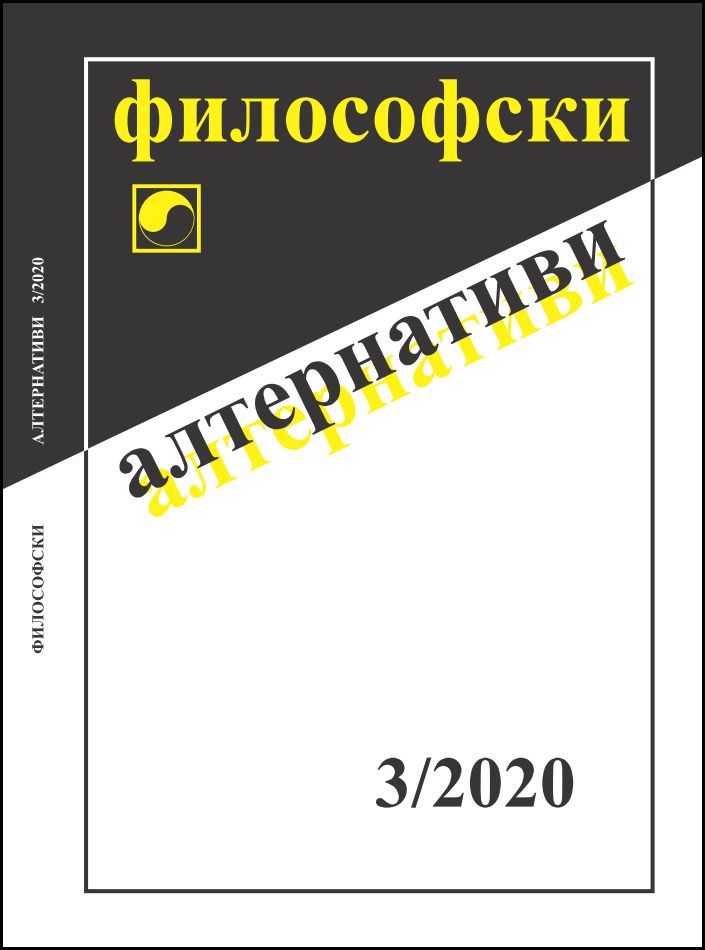Respect for Human Dignity and the Mitigating of Religious Violence: an African Experience
Respect for Human Dignity and the Mitigating of Religious Violence: an African Experience
Author(s): Philip Ogo Ujomu, Аnthony BatureSubject(s): Christian Theology and Religion, Social Sciences, Sociology, Theology and Religion, Pastoral Theology, Sociology of Religion
Published by: Институт по философия и социология при БАН
Keywords: human dignity; religion; morality; values; violence; catholic social teaching; social order; Nigeria
Summary/Abstract: This paper studies the values needed for religion to become a means of fostering peace and corporate existence in most parts of Africa. In Nigeria as a local case study the flux of Islam, Christianity and traditional religions created the fertile grounds for conflicts and instability. The abuse of religion for ethnic or political ends led to severe consequences for individuals and society. In a multi-religious society such as Nigeria, the perversion and exploitation of the religious sentiments of the people lead to malice, disarray and violence. Problems of religious and social tolerance facing the society worsened due to the elite motivated violent struggles for benefits, power and influence. So within the society the lack of trust between the ethno-religious groups as well as the crisis of confidence between the rulers and the ruled in these societies ensured an obstruction of national development. Our finding is that the absence or lack of operation of some core social values such as trust, cooperation, compassion, justice and tolerance, undermined the attainment of human dignity and disrupted diverse interests in the society, and ensured that the country achieved little or no sustainable development. We recommend a social order or social system that is human centred; guaranteeing human dignity seen as self-worth, mutual respect and well-being in the material and spiritual aspects of life by using political aspects of the social teachings of the Roman Catholic Church which operates on four central principles. These are the common good, personality or human dignity, solidarity and subsidiarity as options for liberation and transformation.
Journal: Философски алтернативи
- Issue Year: XXIX/2020
- Issue No: 3
- Page Range: 74-79
- Page Count: 6
- Language: English
- Content File-PDF

